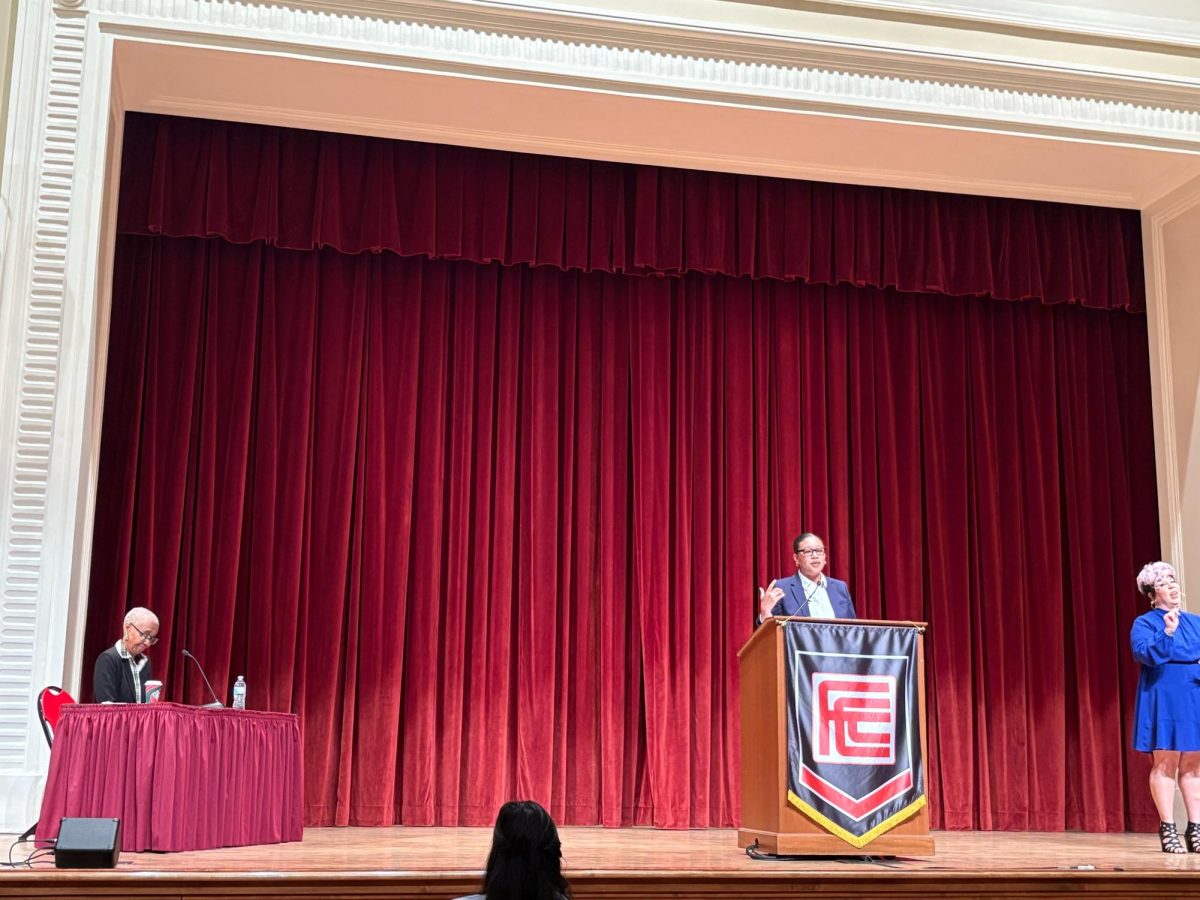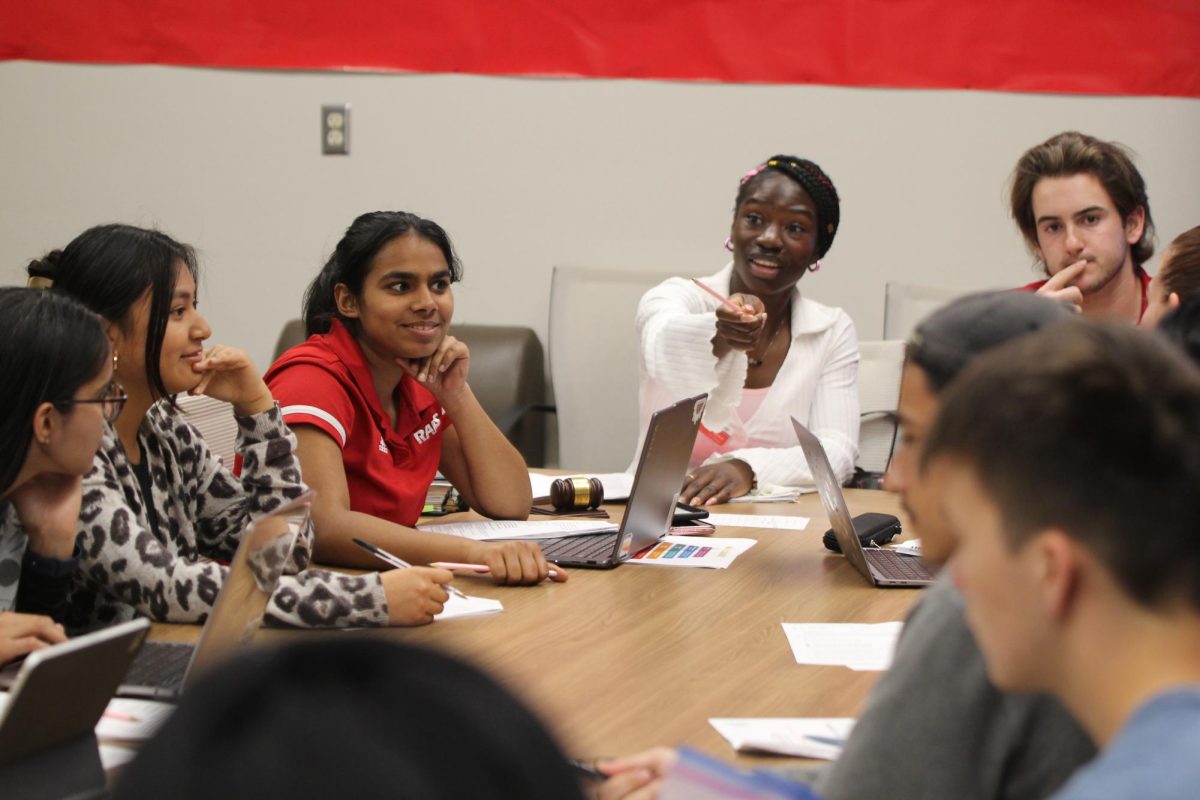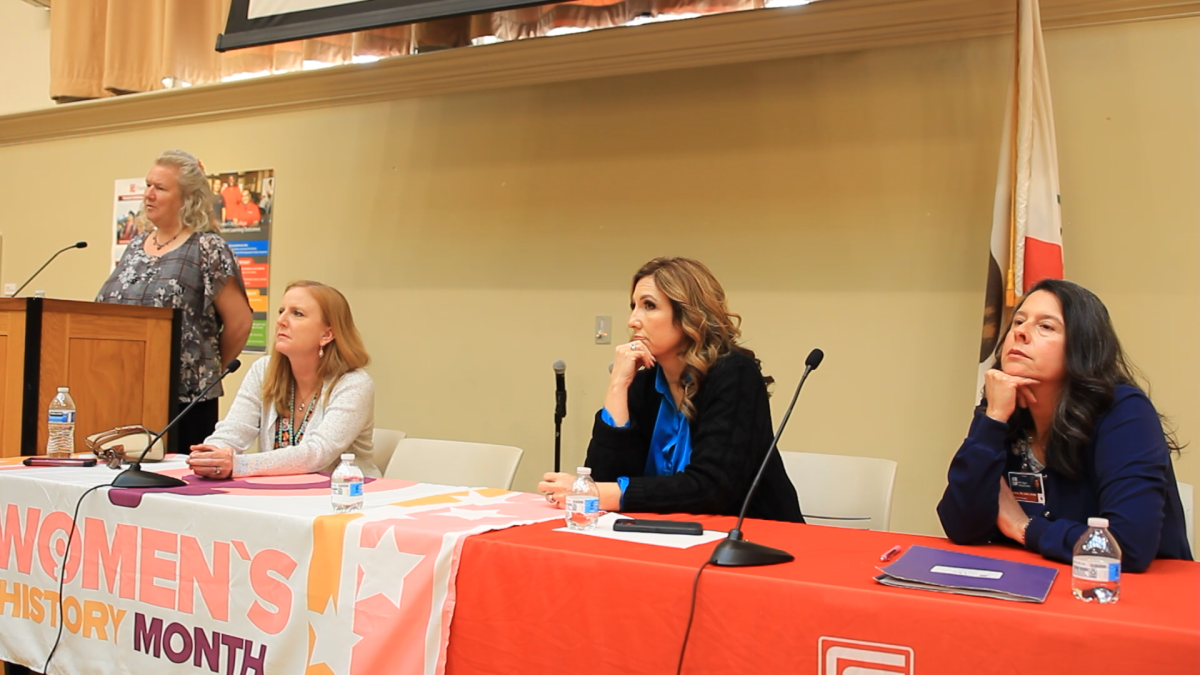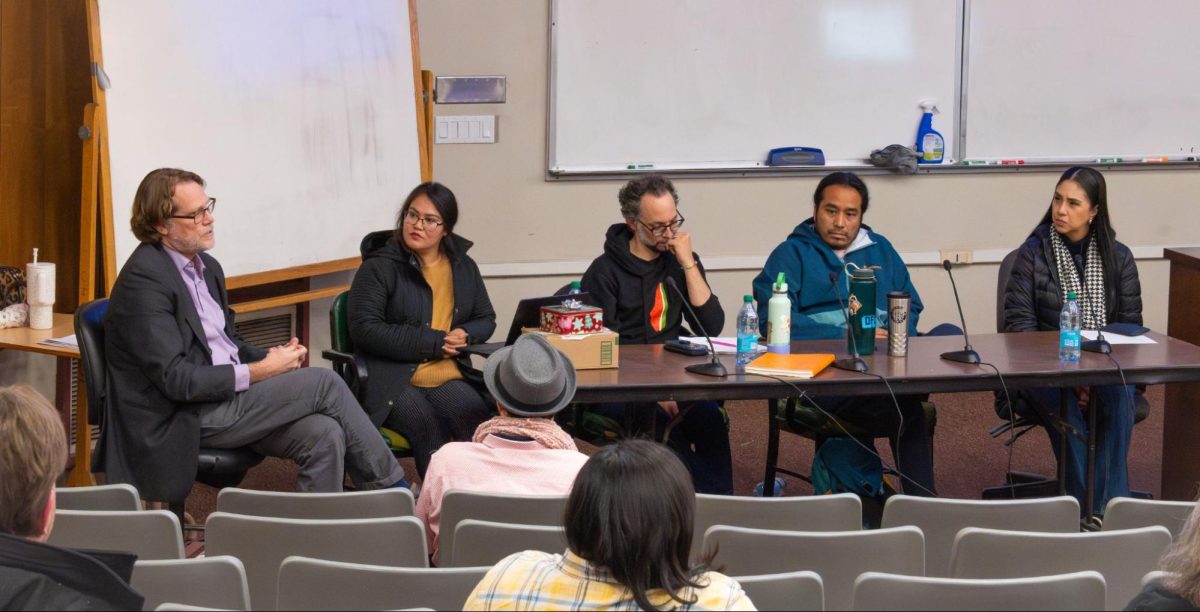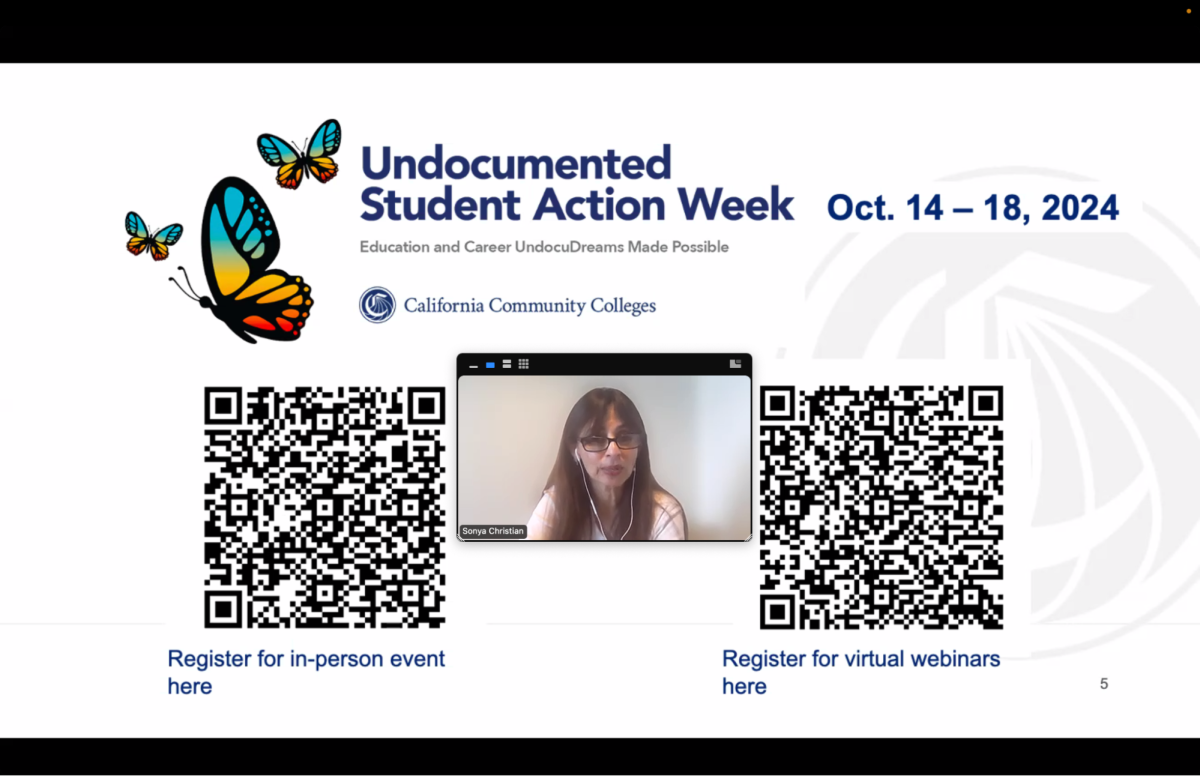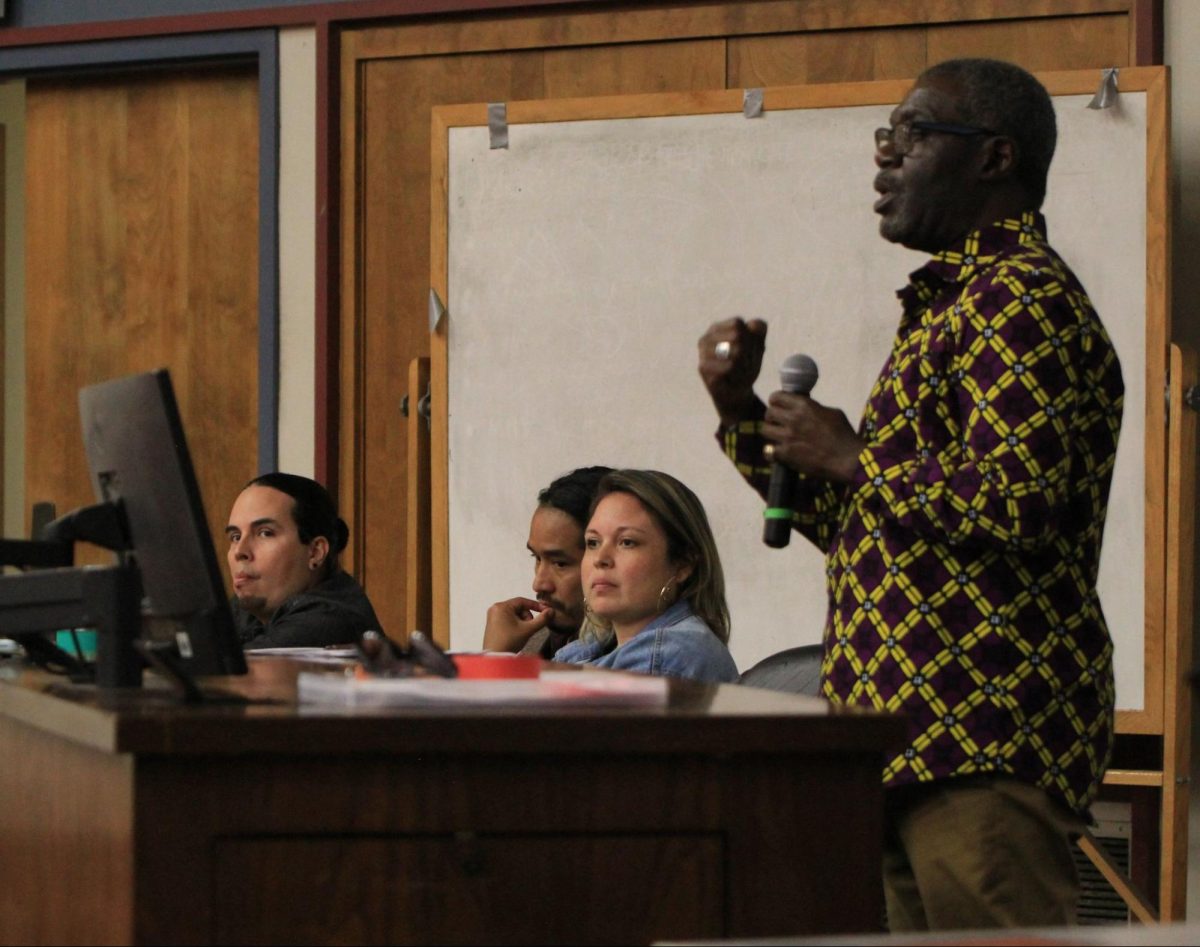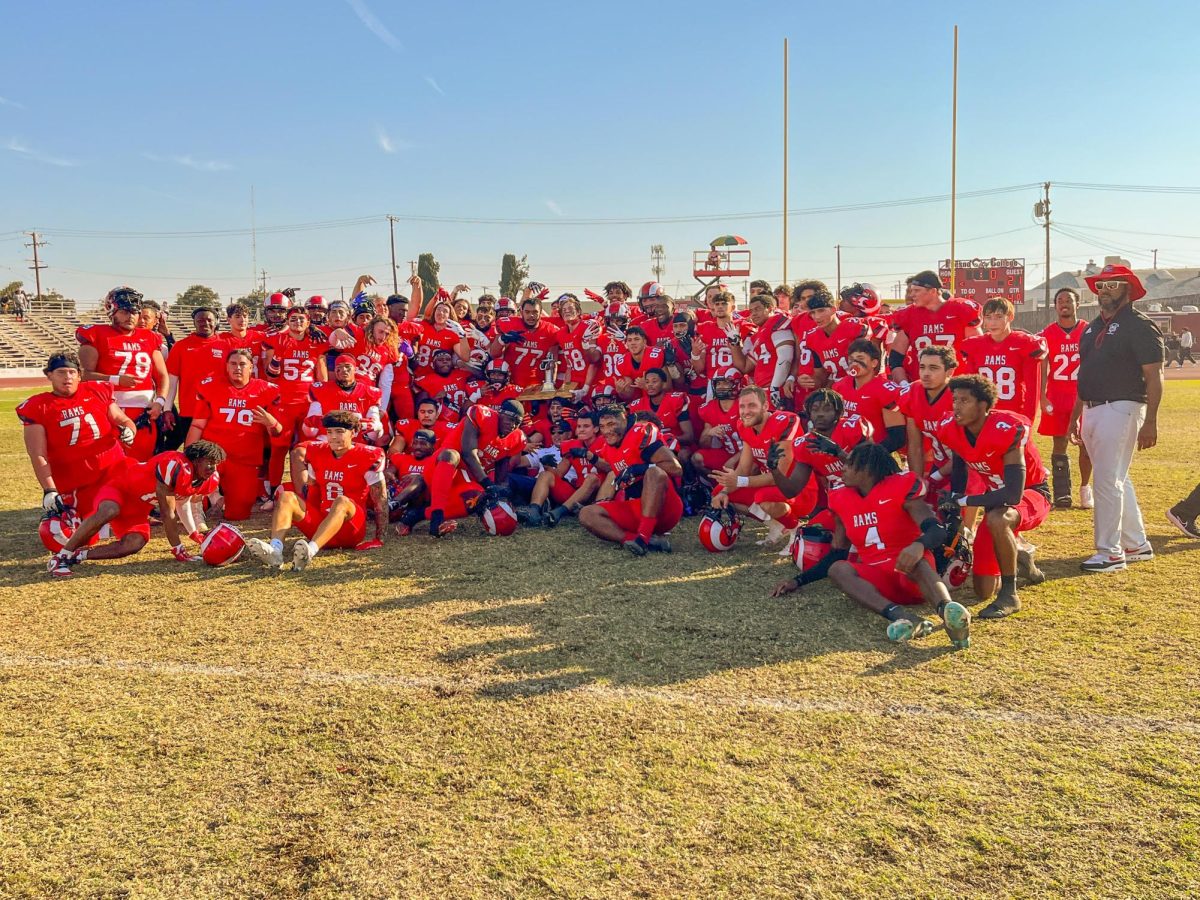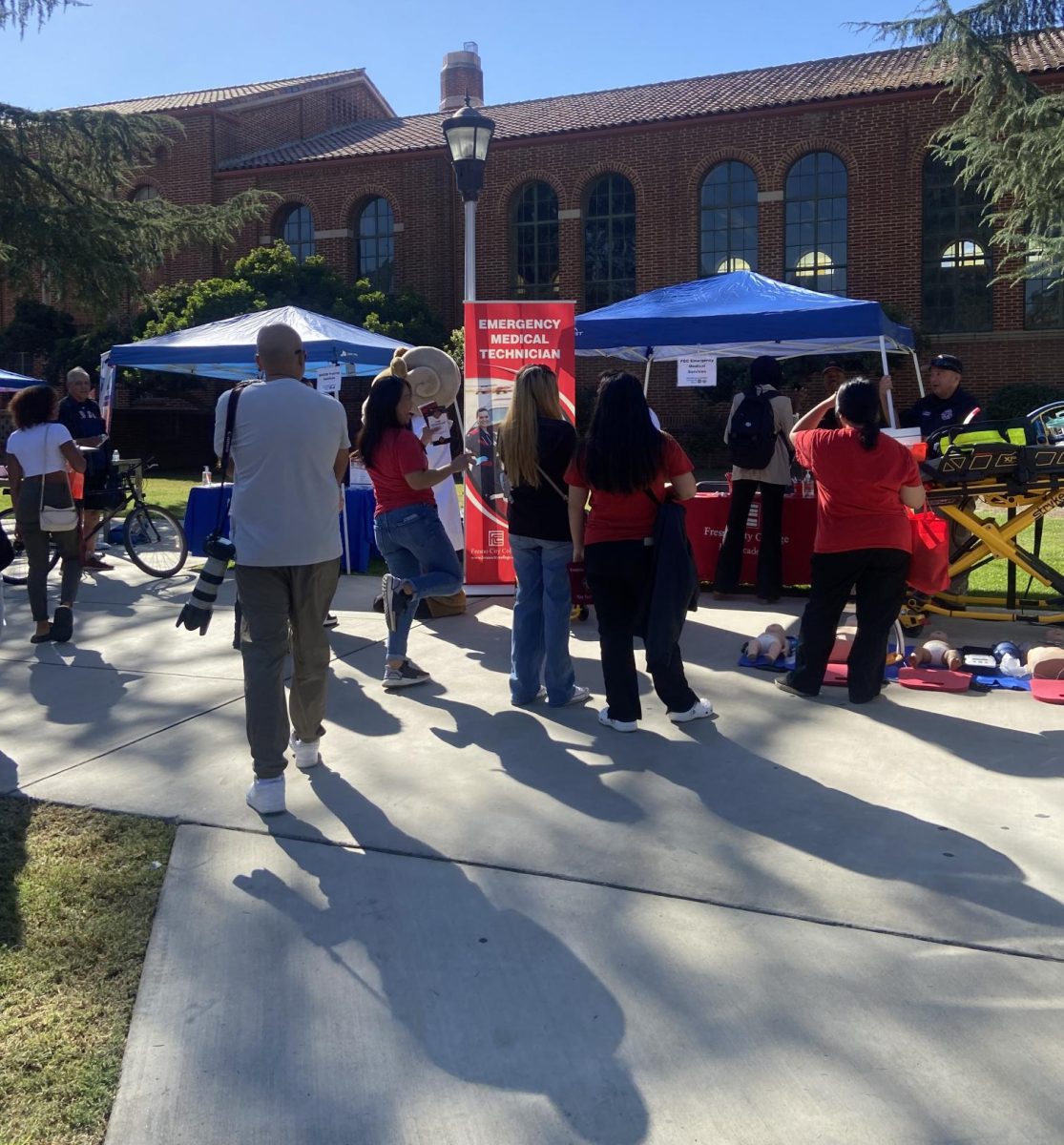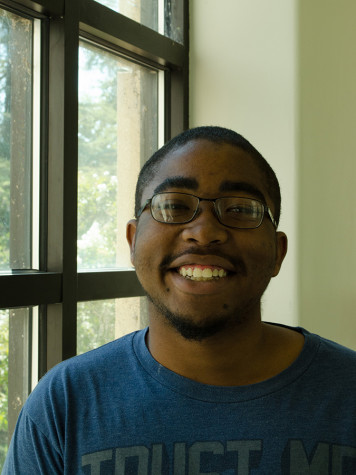Fresno City College students enrolled in Business Law and the Legal Environment (BA 18) class will hold a mock trial of Fisher v. University of Texas on Dec. 5 in the OAB-251.
The mock trial will explore if the interpretation of the 14th Amendment’s Equal Protection Clause permits the University of Texas’ use of race in undergraduate admissions.
“The decision in this case could very well change admission practices everywhere similar to the Grutter v. Bollinger case did,” said Nancy Holland BA 18 instructor and director of the mock trial.
In 1997, the Texas legislature enacted a law requiring the University of Texas to admit all high school seniors who ranked in the top 10 percent of their high school classes. The UT decided to modify its race-neutral admissions policy because it found differences between the racial and ethnic makeup of the university’s undergraduate population and the state’s population.
The new policy continued to admit all in-state students who graduated in the top 10 percent of their high school classes. For the remainder of the in-state freshmen class, however, the university would consider race as a factor in admission.
Abigail N. Fisher, a Caucasian female, was not in the top 10 percent of her class when she applied for undergraduate admission to the UT in 2008. Therefore, she competed for admission with other non-top 10 percent in-state applicants. The University of Texas didn’t grant Fisher admission.
Fisher filed a lawsuit against the university and other related defendants, claiming that the University of Texas’ use of race as a consideration in admission was in violation of the equal protection clause of the 14th Amendment and a violation of Title 42.
The university argued that its use of race was a narrowly tailored means of pursuing greater diversity. The district court decided in favor of the University of Texas and the U.S. Court of Appeals for the Fifth Circuit affirmed the district court’s decision. Fisher filed an appeal to the Supreme Court, appealing the appellate court’s decision.
Both Abigail Fisher and University of Texas teams will be represented by six attorneys during FCC’s mock trial. The Fisher team will consist of Ashley Cable, Jalen Gibson, Ricardo Maudena, Ryan Rios, Maricruz Ochoa and lead attorney Nathan Vieira.
The University of Texas will be represented by Kyle Alfhelm, Andrew Anderson, Thomas Diaz, Celerino Penaloza, Angela Ramos and lead attorney Maria Vargas.
“The groups actually get in touch with the actual council with Fisher and the actual council with the University of Texas,” said Holland. “So when they are finally ready to answer questions, we contact them.”
Justices for this mock Supreme Court are Elise Alvarez, Christopher Martinez, Noemi Rangel, Harpal Singh, Victoria Zarate and chief Justice Anneke Herrin.
“As they’re discussing cases, these justices can interrupt them at any time, so there will be a bit of a dialogue going on,” said Holland. “I liken it to the ‘Wizard of Oz’ when they go and meet the wizard, they don’t know what’s going to happen and they’re a little shaky in their boots but that’s what makes it so entertaining.”
The trial will be dedicated to Gayla Jurevich and David Racki. Jurevich recently took a position as director of the Workplace Learning Resource Center with Merced College while Racki will be retiring from FCC in May 2013 after 28 years of service.
The trial is a free event for all and sign language interpreters will be available.

